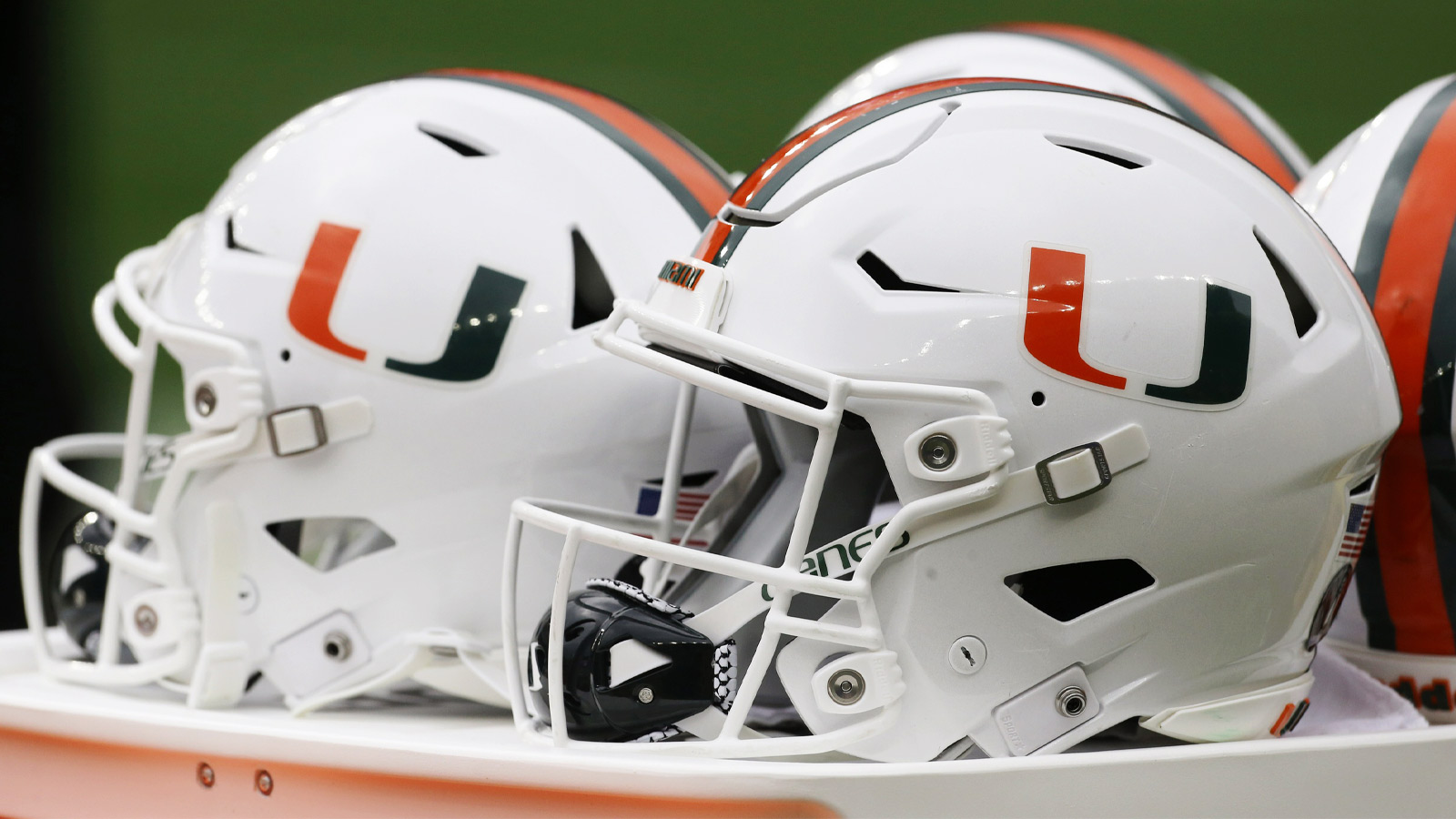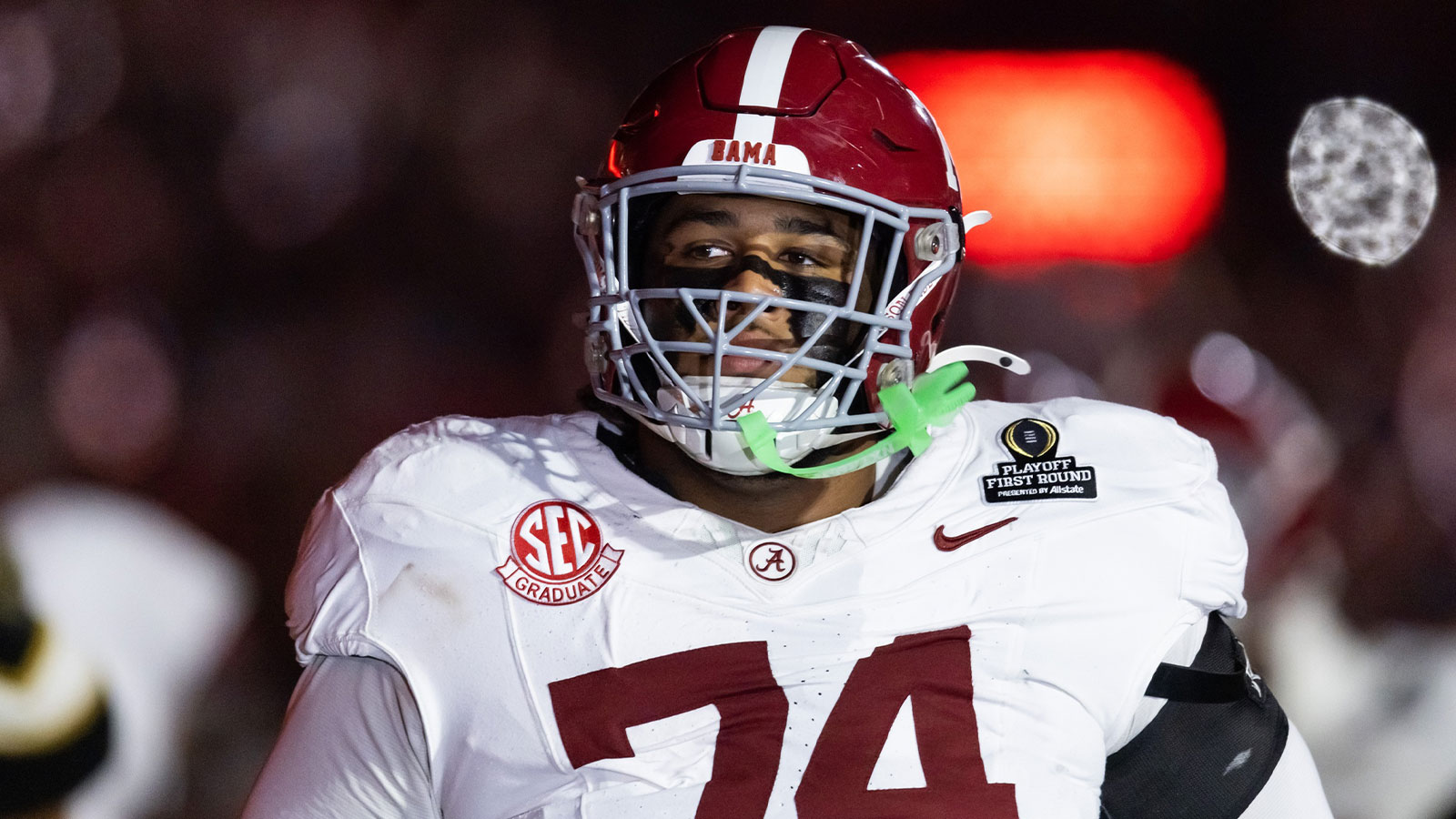USC’s rise under Lincoln Riley has turned heads across college football, and their latest win only reinforced that momentum. The Trojans dominated Michigan 31-13 on Saturday, racking up nearly 500 yards of total offense while walk-on running back King Miller ran for 158 yards and a touchdown.
Riley’s squad improved to 5-1 on the season and re-entered the AP Top 25 at No. 20, marking USC’s best start since joining the Big Ten.
Yet, while USC continues to surge on the field, the program — alongside Michigan — is taking a firm stance off it. According to ESPN, both universities are expressing major skepticism about the Big Ten’s proposed $2 billion-plus private capital deal, which would create a new entity called Big Ten Enterprises.
The project, backed by the University of California’s pension fund, would involve selling a 10% stake in the league’s media rights and sponsorships through 2046 in exchange for a massive cash infusion of at least $100 million per school.
Sources told ESPN that Michigan and USC trustees held a joint meeting this week to discuss concerns about the proposal. The schools reportedly questioned whether the deal truly addresses the conference’s financial challenges or merely offers short-term relief.
“The deal doesn’t solve the root issue — rising costs,” one source said. Both institutions also raised concerns about selling equity in a university asset and the uncertainty surrounding federal legislation that could reshape college athletics in the near future.
While no official vote has been scheduled, the opposition from two of the Big Ten’s biggest brands carries significant weight. “Having Michigan and USC on the same page against the deal is not insignificant,” ESPN reported.
The proposed structure would grant slightly larger payouts to powerhouse programs but require all 18 member schools to extend their grant of rights through 2046 — effectively locking them into the conference and limiting future movement.
Despite hesitation from top programs, the Big Ten argues that the deal is necessary to stabilize finances for schools struggling with debt and operational costs. Commissioner Tony Petitti defended the concept, saying,
“Setting up a structure that can maximize that activity is important. Whether or not we need a strategic investment to help us, we’ll determine. But it’ll be done by all 18 leaders.”
Michigan and USC’s resistance arrives just days after their clash on the field — a reminder of how both programs continue to shape the Big Ten’s balance of power. As USC rises under Riley and Michigan regroups after another tough loss, both schools appear united in ensuring the conference’s next financial step doesn’t mortgage its future.




















